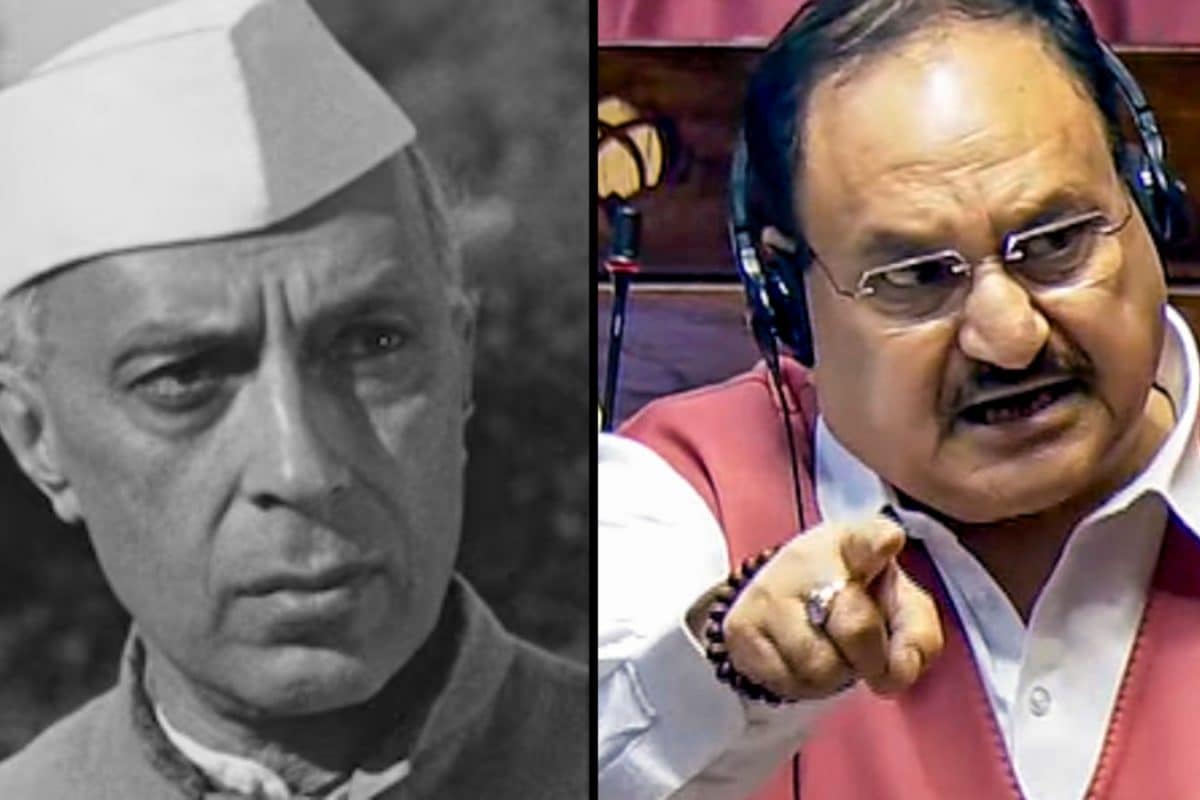

Recent developments surrounding the Indus Waters Treaty (IWT) have ignited a fresh wave of political debate in India, with Bharatiya Janata Party (BJP) National President JP Nadda sharply criticizing the historic agreement and blaming former Prime Minister Jawaharlal Nehru for what he described as a "Himalayan blunder" and a "betrayal". Nadda's comments followed a report by News18, though the specifics of that report are not detailed in available sources. This renewed criticism comes amid rising tensions between India and Pakistan over the treaty's implementation and a recent ruling by the Permanent Court of Arbitration (PCA) in The Hague.
The Indus Waters Treaty, brokered by the World Bank in 1960, is a water-sharing agreement between India and Pakistan that allocates the waters of the Indus River and its tributaries. Under the treaty, control of the three eastern rivers (Sutlej, Beas, and Ravi) was given to India, while control of the three western rivers (Indus, Jhelum, and Chenab) was given to Pakistan. The treaty has been considered a landmark achievement in transboundary water management, surviving several wars and periods of intense hostility between the two nations.
However, in recent years, disputes have arisen over India's construction of hydropower projects on the western rivers, which Pakistan claims violate the treaty's provisions and reduce water flow downstream. India maintains that its projects comply with the treaty and are designed to generate clean energy without significantly impacting Pakistan's water rights.
The PCA recently ruled on a dispute concerning the design of India's hydropower projects on the western rivers, stating that India must adhere strictly to the provisions of the IWT and cannot impose unilateral standards on the projects' design and operation. The court's decision was welcomed by Pakistan, which sees it as an affirmation of its position on the treaty.
India, however, has rejected the PCA's ruling, stating that it does not recognize the court's jurisdiction in the matter. India argues that Pakistan unilaterally initiated the arbitration process, violating the treaty's dispute resolution mechanism and undermining bilateral dialogue. Moreover, India has cited security concerns, particularly cross-border terrorism, as a reason for placing the treaty in "abeyance" following an attack in Indian-controlled Kashmir that it blamed on Islamabad. Pakistan has denied involvement in the attack.
The current situation underscores the fragile nature of Indo-Pak relations and the challenges of managing shared water resources in a region facing increasing climate change impacts. Some experts fear that India's suspension of the treaty and its push for hydropower development along the Himalayan riverways could have serious ecological consequences, including increased risk of landslides and floods. There are also concerns about the potential impact on local communities and their traditional ways of life.
Despite the tensions, Pakistan has called for a resumption of normal treaty functioning and stressed the importance of bilateral cooperation to ensure water security for the millions of people who depend on the Indus River system. However, India insists that any resumption of treaty obligations must be contingent upon Pakistan taking credible action against cross-border terrorism and abiding by established dispute mechanisms. The future of the Indus Waters Treaty remains uncertain, but its continued viability is crucial for maintaining peace and stability in the region.